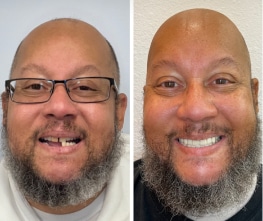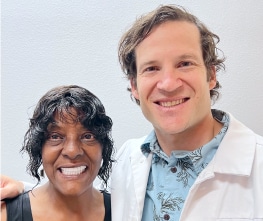Oral Surgeon in Monument, CO
Benefits of Oral Surgery
Oral surgery offers numerous advantages. Apart from rectifying dental problems, it can enhance the aesthetic appeal of your teeth. To illustrate, suppose you have decayed or diseased teeth; in that case, oral surgery can rescue them. We can extract the affected parts of the tooth and subsequently position a crown over it to prevent additional damage.
- Corrects dental issues
- Improves the appearance of teeth
- Saves damaged teeth
- Prevents further damage to teeth
- Utilizes sedation dentistry for patient comfort
- Relieves dental anxiety
- Lowers pain threshold during the procedure
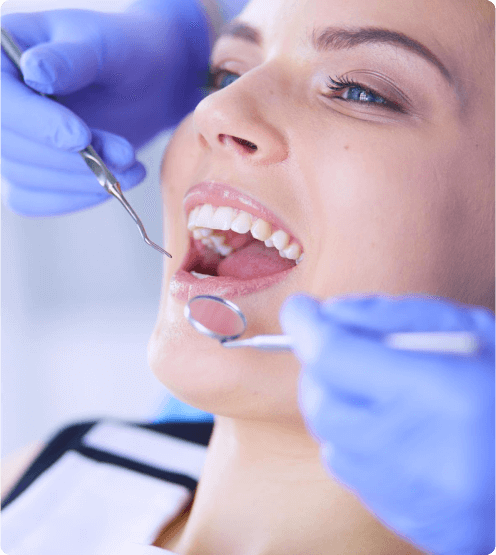
4.9/5
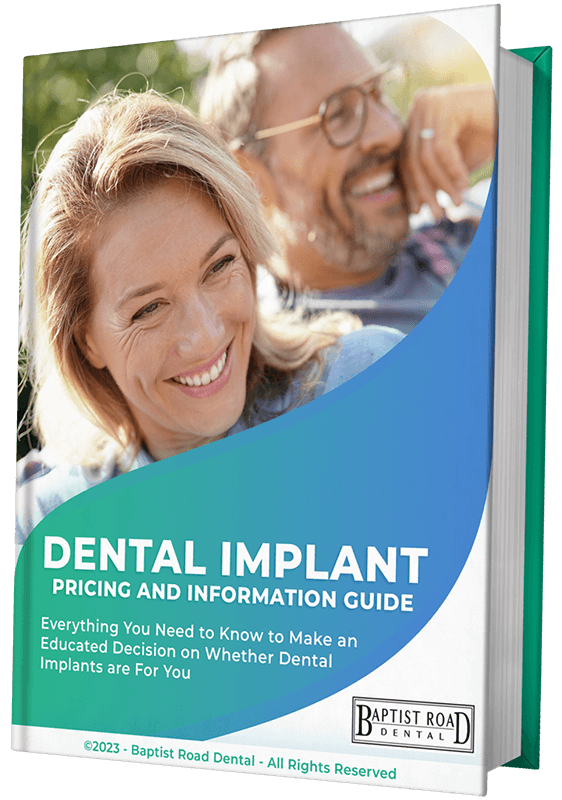
The Guide Will Show You
- Step-By-Step Overview
- Common Procedures
- Common Questions
- And More!
Download Your Guide to The Extraction Process
Fill Out the Form Below and We Will Text/Email You The Guide Along With A $300 Savings
Treatments Available
Bone Grafts
Bone grafts are performed when a patient loses a significant amount of bone mass in the upper or lower jaws.
Extractions
When a tooth cannot be repaired or restored, an extraction may be the best option.
Bone Grafts
A bone graft is a restorative process that utilizes healthy, new tissue to replace missing or damaged bone tissue. By doing so, the graft enables the body to rejuvenate bone and reestablish the jaw’s natural structure. Typically, a bone graft is conducted following tooth loss or extraction.
When a tooth is lost, the jaw may shrink and alter its shape, which could potentially hinder the placement of dental implants. However, a bone graft can augment the area where the tooth was previously located, guaranteeing that there is sufficient bone in the jaw to support the implant.
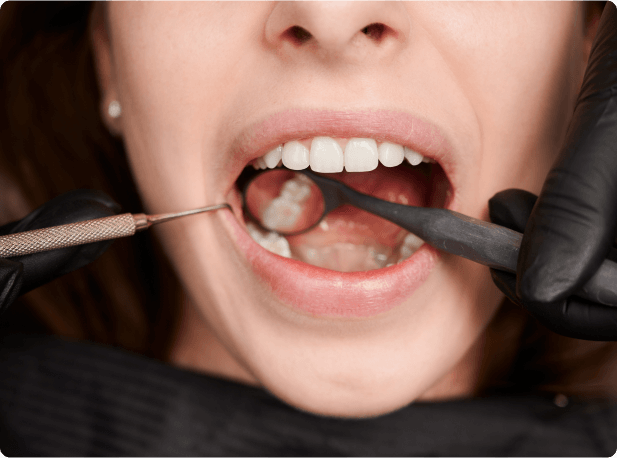
What Our Patients Say
See what other patients are saying about us.

Extractions
When a tooth cannot be repaired or restored, an extraction may be the best option. Our dentists will assess your tooth and determine if it can be fixed or if it should be removed. There are a few reasons a tooth may need to be extracted, such as:
- Tooth decay
- Impacted tooth
- Crowding
- Trauma
- Orthodontic treatment
Wisdom Teeth
The process of removing a tooth completely is called tooth extraction. This procedure is usually carried out when a tooth has suffered irreparable damage. In cases where a tooth is impacted or hasn’t fully emerged through the gum line, surgical extraction may be the most suitable option.
After a tooth extraction, there are several options available for replacing the missing tooth. Among these options, the most frequently chosen are dental implants or dental bridges.
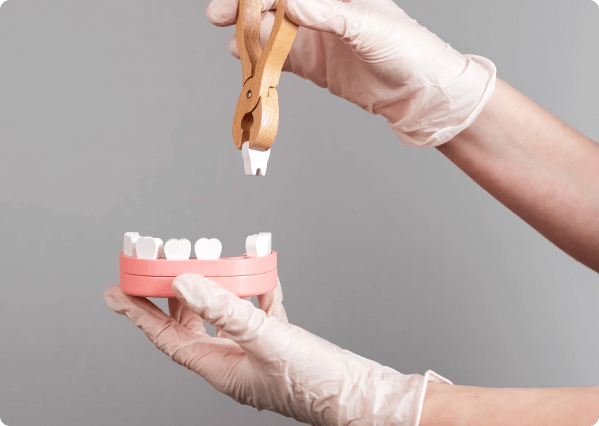

Ensuring Your Comfort during Extractions
We know that extractions can make some patients apprehensive. For that reason, it is very important to us that we support you every way we can during this procedure so that you can stay as relaxed as possible.
We will keep the atmosphere calm and relaxed and listen to you if you are uncomfortable or you need a break during the procedure.
Our Special Technique to Speed Healing
To reduce your pain and improve your healing, we will utilize your own platelet-rich plasma (PRP). Platelets are a particular kind of cell in your own blood. They are utilized by your body for clotting and healing. We will extract a small quantity of platelets from your own blood and place these in the site of the extraction. Patients receiving PRP report less swelling and discomfort after an extraction.
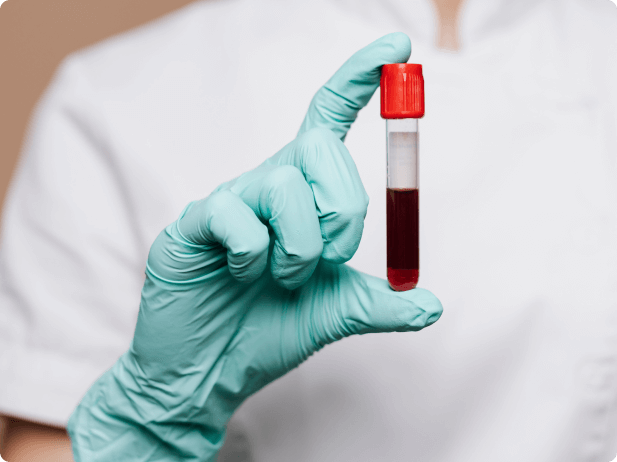

Surgical Extractions
If a tooth must be removed, your Dentist Colorado Springs CO will first numb the area to lessen any discomfort. Then, we will gently rock the tooth back and forth until it is loose and then pull it out. Sometimes, the tooth may need to be sectioned into smaller pieces. This depends on the size and shape of the tooth.
At our office, we can perform non-surgical extractions as well (also referred to as “simple extractions”). When you visit our dental office, our dentists will carefully examine your teeth for signs of a problem. If we determine that an extraction is necessary, we’ll take careful steps to ensure your comfort throughout the process.
Get Rid of That Affected Tooth for Optimal Oral Health
Affected teeth can lead to a host of problems, including pain, infection, and tooth loss. Don’t wait to get rid of your affected tooth – optimal oral health is just a treatment away!
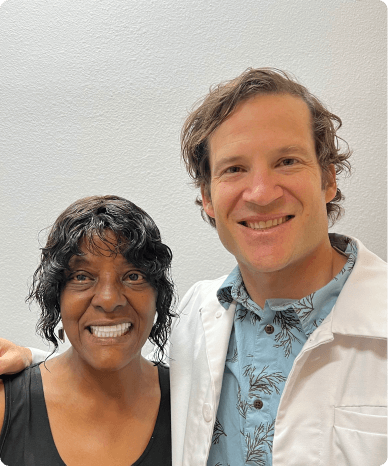


Recovery After Extractions
- While the actual procedure may only take 30 minutes to an hour, most patients experience some swelling and soreness. This usually subsides within 48 hours, but you may feel more comfortable using an ice pack to reduce any discomfort.
- Good dental hygiene is important after an extraction.
- Patients can expect pain and swelling in the days following the extraction procedure.
- Some bleeding is normal and should not be cause for concern.
- Patients should pay special attention to the extraction site to prevent infection.
Oral Surgery FAQs
What is oral surgery?
Oral surgery involves surgical procedures performed on the mouth, teeth or jaws. This can include extractions, implants, and corrective jaw surgery.
Is oral surgery painful?
While some discomfort may be expected after oral surgery, modern anesthesia techniques and pain management medication make it possible to manage any pain effectively.
Can I eat after oral surgery?
It is recommended to start with clear liquids immediately after oral surgery before gradually advancing to soft foods as tolerated by the patient.
Will I need to take time off work/school after my oral surgery procedure?
The time needed for recovery will vary depending on the type and extent of your surgical procedure. Discuss this with your surgeon beforehand so you can plan accordingly.
Are there any risks associated with oral surgery?
As with any medical procedure, there are risks involved in undergoing an oral surgical procedure. However, most of these can be minimized by proper screening and careful planning by the surgeon.
What should I do after the procedure to ensure proper healing?
Follow all post-operative instructions provided by your surgeon which typically include taking proper medication as well as avoiding certain foods or activities until fully healed.
How long does recovery from an oral surgical procedure typically take?
The length of recovery varies depending on the specific procedure done but can range anywhere from a few days to several weeks.
Will I be able to resume normal activities such as exercise immediately following the procedure?
Your surgeon will provide guidance regarding what activities you should avoid and for how long following your surgical procedure.
Is oral surgery covered under insurance plans?
Most dental insurance plans provide coverage for necessary procedures such as tooth extractions or oral biopsies although coverage may vary depending on your specific plan.
How do I know if oral surgery is the right choice for me?
Your dentist or oral surgeon will be able to evaluate your condition and recommend the best course of treatment based on your individual needs.
What Our Patients Say
See what other patients are saying about us.
Meet our Doctors
Let us help you maintain your perfect smile

Dr. Scott R. Hill
Dr. Scott Hill completed his bachelor’s degree at Utah State University and then received his Doctor of Dental Medicine (DMD) degree from the University of Kentucky College of Dentistry in 2014. After serving as an associate dentist in Ohio, he then selected Colorado Springs as the right location to settle his family.

Dr. Bridgette Young
Dr. Bridgette Young completed her Doctor of Dental Medicine (DMD) degree from Roseman University of Health Science, College of Dental Medicine in 2023. Prior to her doctorate, she completed a Bachelor of Science in Food Science and Human Nutrition at the University of Hawaii at Manoa.
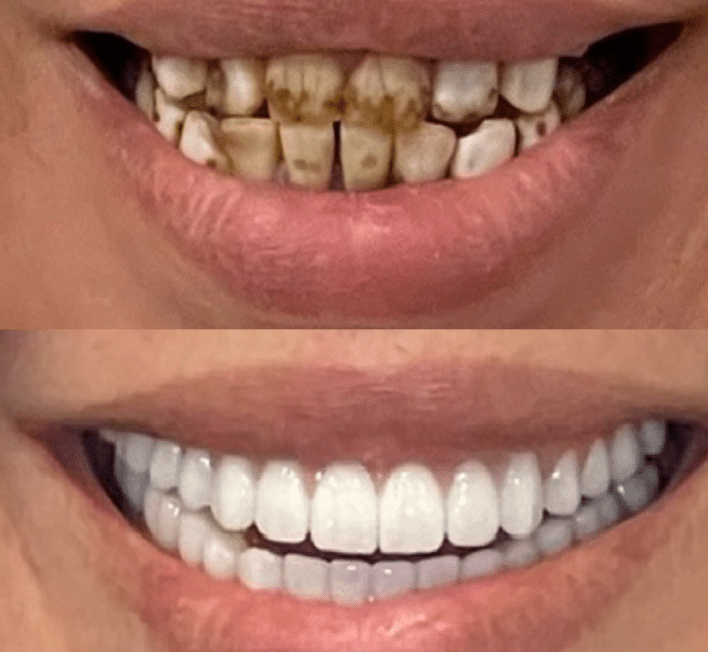
Every patient deserves a healthy, beautiful smile
We believe every patient deserves a healthy, beautiful smile, and we work hard to make that happen for you.



